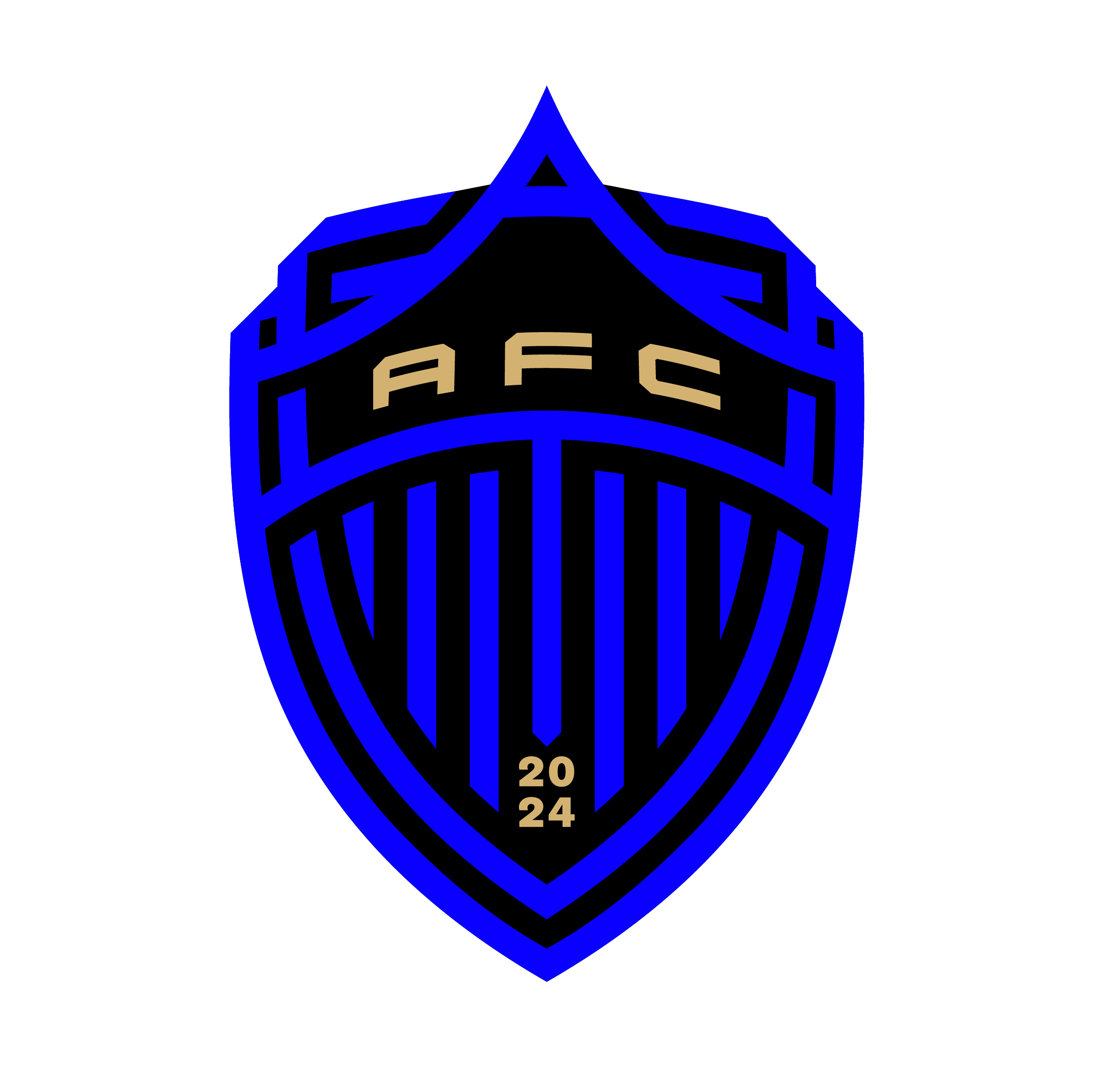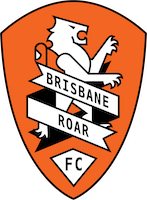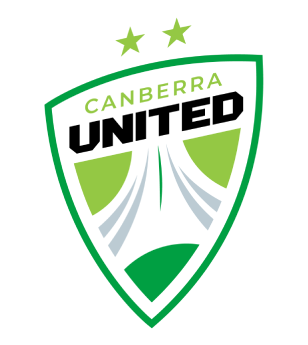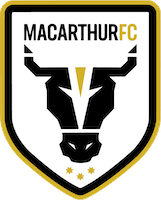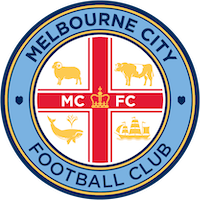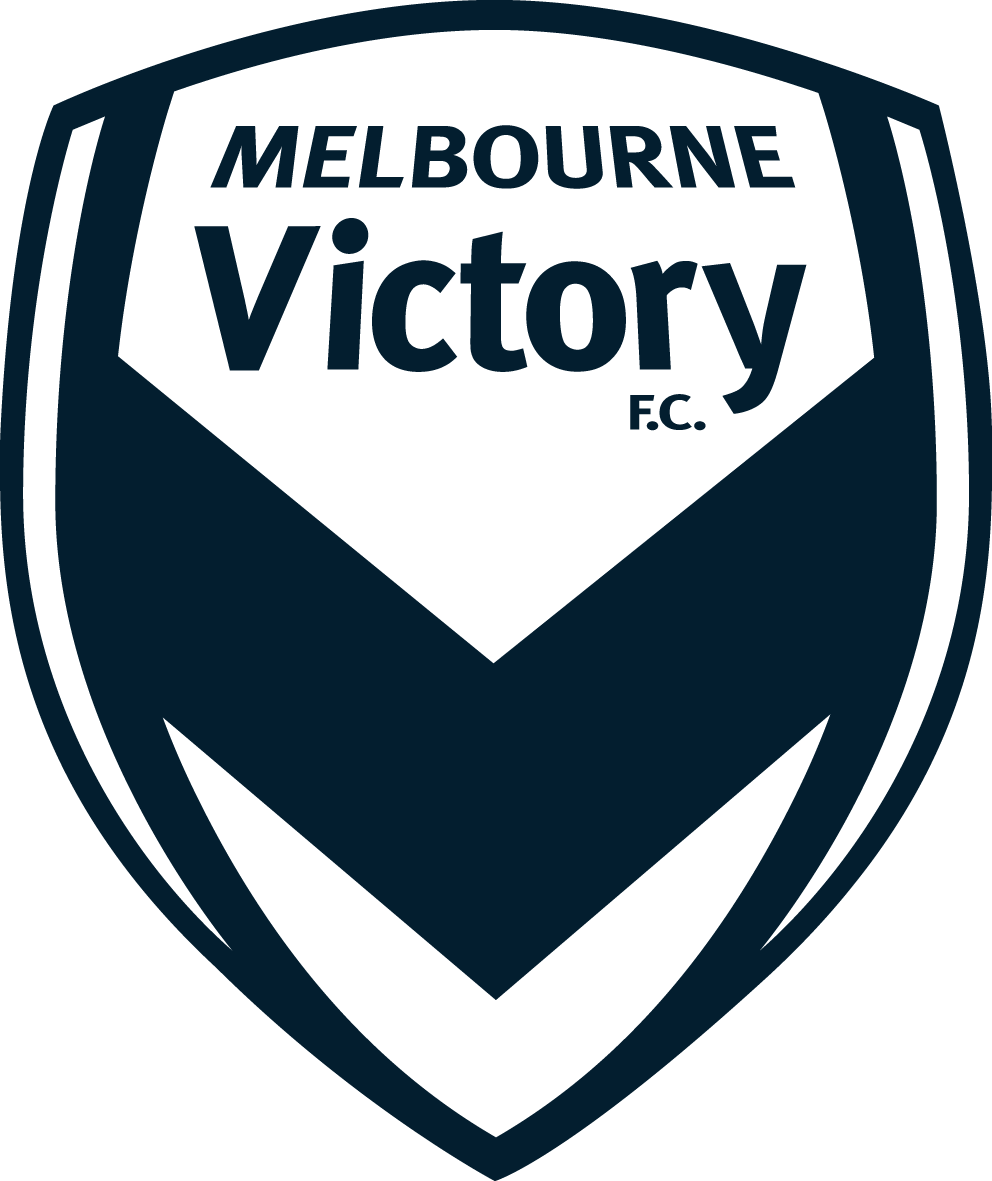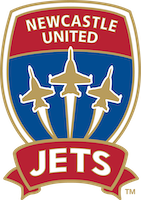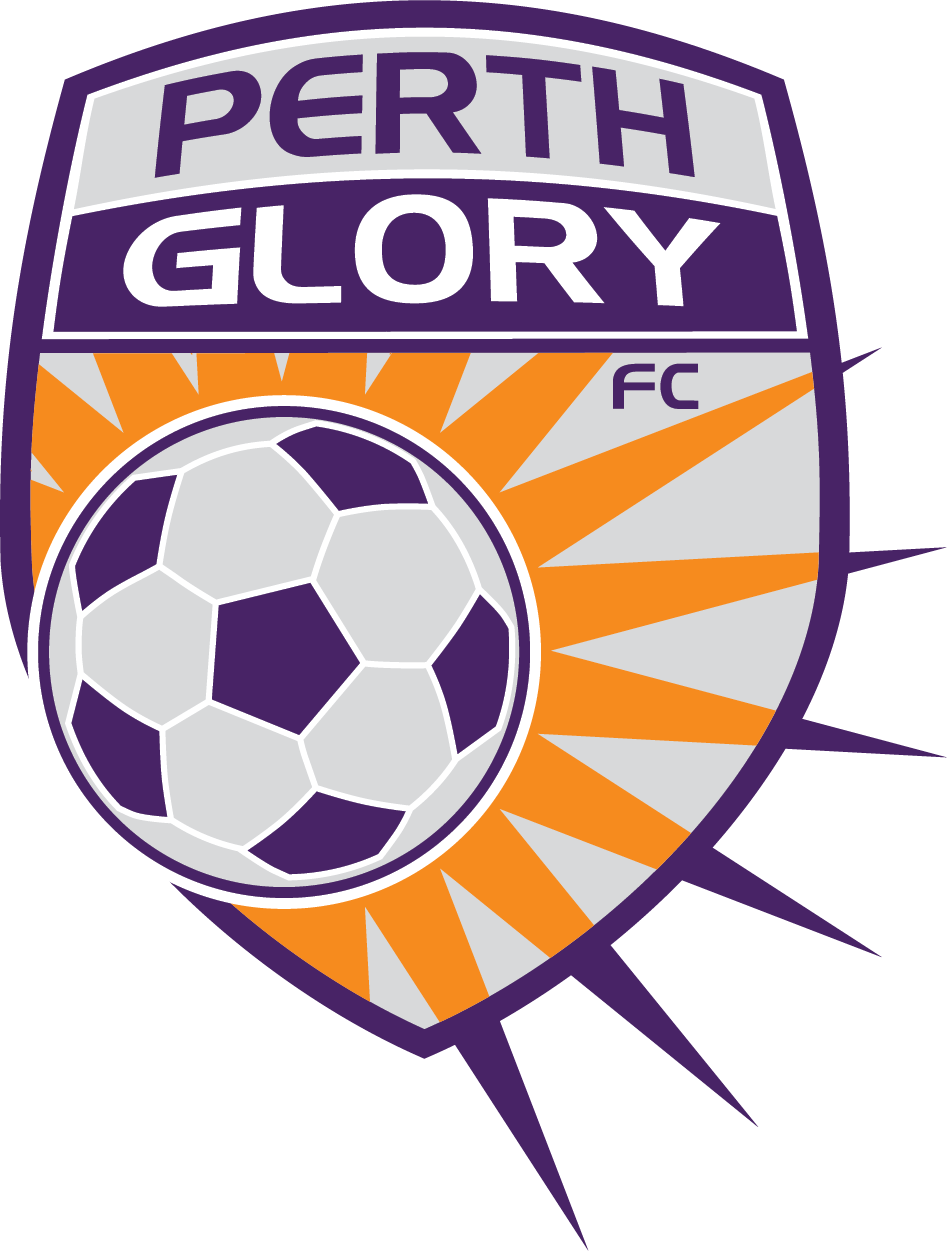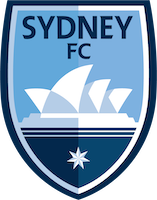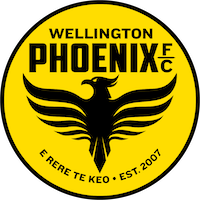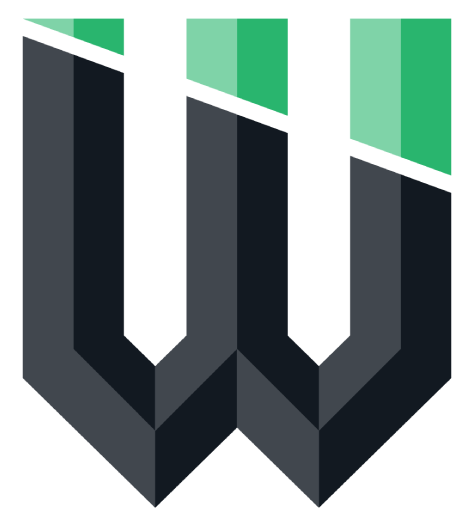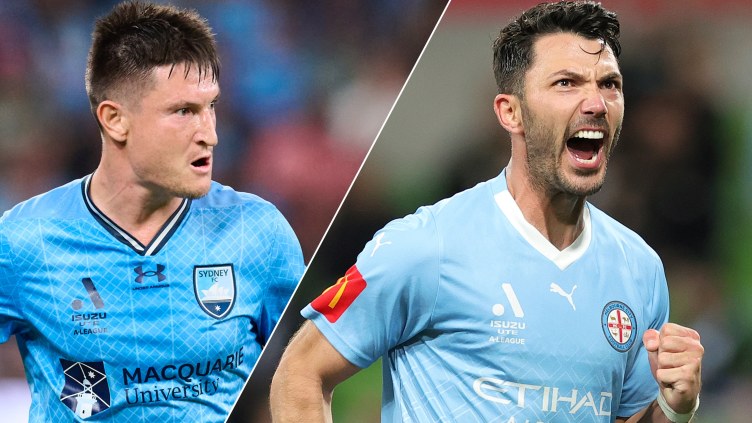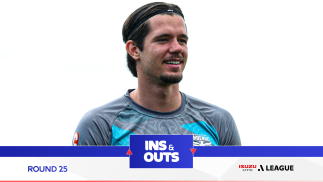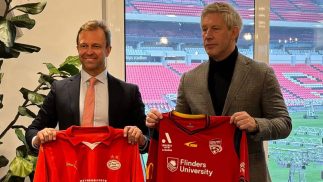August 26, 2005 marked a significant day in Australian football history, when the first match of the inaugural Hyundai A-League season kicked off in Newcastle. After almost two years in the making, Australia’s latest national competition hit the sporting landscape as well as the hearts and minds of the Australian sporting public.
See bottom of the page for list of Hyundai A-League Trophy winners
When new Football Federation Australia (or Australian Soccer Association as it was called then) Chairman Mr Frank Lowy announced in October 2003 that a task force would be formed, the seeds towards a new national competition were effectively sown.
The National Soccer League (NSL) may have been the first all-Australian football competition to grace these shores when it started in 1977, but it was plainly obvious that it needed a major overhaul.
Using the government’s Crawford Report into the sport as its base, Mr Lowy, one of the pioneers of the NSL competition, called together the Task Force, headed by former Sydney City Chairman Andrew Kemeny, to consider a range of issues, including the structure, its name, criteria for participating clubs, competition season (summer/winter) and a timeframe for implementation.
In December 2003, the NSL Task Force Report was handed to the board and released publicly and so began the process of finalising the framework for the new national competition.
After four months of planning, the framework for the new national competition was finally revealed by Mr Lowy and the then newly appointed FFA CEO Mr John O’Neill and at the same time expressions of interest were called for. Eight teams would be part of this new national competition, with one team from the cities of Sydney, Melbourne, Brisbane, Adelaide, Perth, Newcastle, plus a New Zealand team and one from the remaining expressions of interest. The competition start date was set at August 2005.
By June of 2004, 20 submissions had been received and a month later 12 consortiums sent in their final bids for the eight spots. Three bids were received from Melbourne, two each from Sydney and Brisbane, one from each of the remaining preferred cities, plus a bid from the Central Coast of NSW.
Over the next three months, each bid was carefully reviewed and on the 1st November 2004, the eight successful bidders and the major sponsor were revealed, for what would be known as the Hyundai A-League.
The eight successful franchises were: Adelaide United, Central Coast Mariners, Melbourne Victory, Newcastle Jets, New Zealand Knights (since replaced by Wellington Phoenix), Perth Glory, Queensland Roar and Sydney FC.
With Fox Sports already signed on as the official broadcaster, the Hyundai A-League had already achieved many objectives its predecessor had failed to do in its dying years.
However the hard work was only just beginning for the clubs and the FFA, as they only had nine months to get everything together in preparation for the anticipated August start in 2005.
Honour of the first player signing went to former Wollongong Wolves striker Stuart Young, who signed with Perth Glory and from then on the player signings came at steady rate.
While some critics believed that the Hyundai A-League would fail to attract players and coaches from overseas because of the stringent criteria placed on clubs, this clearly did not materialise.
A host of big names were linked with the new competition and with a number of high profile Caltex Socceroos returning from overseas and some 18 overseas imports also calling Australia and New Zealand home, the credibility of the competition was ensured.
Topping the list of high profiles recruits was former Manchester United striker Dwight Yorke and his presence always ensured the Hyundai A-League was in the spotlight. On the coaching front, former German World Cup star Pierre Littbarski was hired as Sydney FC coach and former England international Steve McMahon was anointed at Perth Glory.
Australian players to give the new league a big vote of confidence included former and current Australian international players including Ned Zelic, Kevin Muscat, Archie Thompson, David Zdrilic, Steve Corica, Alex Brosque and Richard Johnson.
The inaugural season proved an outstanding success, capped off by a capacity crowd on hand to witness the Grand Final in Sydney, won by Sydney FC 1-0 over a gallant Central Coast Mariners.
Crowds exceeded expectations with over one million fans going through the turnstiles during the season at an average of 11,627 per game.
Such was the success of the inaugural season, broadcast partner Fox Sports was quick to negotiate a new revised seven-year-deal, which has gone a long way to providing financial stability for the competition and in particular the clubs.
Coupled with the success of the Caltex Socceroos at the 2006 World Cup finals, where they reached the second round, before bowing out to eventual champions Italy, the profile of the sport has never been higher.
The success of that first season has continued, with the crowd averages continuing to rise, TV ratings doing likewise and media coverage reaching unprecedented levels.
Such has been the interest in the Hyundai A-League that the FFA has been inundated with expressions of interest from potential new club licensees for entry into the competition.
The competition took another step forward in season 2009/2010, expanding to 10 teams to include Gold Coast and North Queensland Fury, which secured arguably the biggest coup in Hyundai A-League history by signing former Liverpool great Robbie Fowler for its inaugural season.
The Hyundai A-league got its first true derby in season 2010-11, as Melbourne Heart entered the expanded competition. North Queensland Fury found the going tough, however, and were forced to close at the end of the season. But the competition remained as strong as ever, with Brisbane Roar setting the league alight with a record 32-game unbeaten run, as the quality of football on display continued to improve.
The 2012-13 season saw a trio of stars arrive down under as Alessandro Del Piero, Emile Heskey and Shinji Ono played their maiden seasons in the Hyundai A-League. The season also saw the inauguration of the Western Sydney Wanderers who took their first season in the league by storm. Crowds packed out Parramatta Stadium week in and week out as the Wanderers steadily climbed to the top of the table to eventually claim the Premiers Plate. The side from Sydney’s west made it through to the Grand Final but were unable to overcome the Central Coast Mariners who won their first final after four attempts.
Hyundai A-League Record
2005-06 Season
| Champions | Sydney FC |
| Premiers | Adelaide United |
| Pre-Season Cup Winners | Central Coast Mariners |
| AFC Champions League Representatives | Adelaide United & Sydney FC |
| Johnny Warren Medal | Bobby Desptovski (Perth Glory) |
| Young Footballer of the Year | Nick Ward |
| Golden Boot Winner | Alex Brosque, Stewart Petrie, Archie Thompson & Bobby Desptovski |
2006-07 Season
| Champions | Melbourne Victory |
| Premiers | Melbourne Victory |
| Pre-Season Cup WInners | Adelaide United |
| AFC Champions League Representatives | Melbourne Victory & Adelaide United |
| Johnny Warren Medal | Nick Carle (Newcastle Jets) |
| Young Footballer | Archie Thompson |
| Golden Boot Winner | Adrian Leijer |
2007-08 Season
| Champions | Newcastle Jets |
| Premiers | Central Coast Mariners |
| Pre-Season Cup WInners | Adelaide United |
| AFC Champions League Representatives | Central Coast Mariners & Newcastle Jets |
| Johnny Warren Medal | Joel Griffiths (Newcastle Jets) |
| Young Footballer of the Year | Bruce Djite |
| Golden Boot Winner | Joel Griffiths |
2008-09 Season
| Champions | Melbourne Victory |
| Premiers | Melbourne Victory |
| Pre-Season Cup Winners | Melbourne Victory |
| AFC Champions League Representatives | Melbourne Victory & Adelaide United |
| Johnny Warren Medal | Shane Smeltz |
| Young Footballer of the Year | Scott Jamieson |
| Golden Boot Winner | Shane Smeltz |
2009-10 Season
| Champions | Sydney FC |
| Premiers | Sydney FC |
| AFC Champions League Representatives | Sydney FC & Melbourne Victory |
| Johnny Warren Medal | Carlos Hernandez |
| Young Footballer of the Year | Tommy Oar |
| Golden Boot Winner | Shane Smeltz |
2010-11 Season
| Champions | Brisbane Roar |
| Premiers | Brisbane Roar |
| AFC Champions League Representatives | Adelaide United, Brisbane Roar & Central Coast Mariners |
| Johnny Warren Medal | Marcos Flores |
| Young Footballer of the Year | Mathew Ryan |
| Golden Boot Winner | Sergio Van Dijk |
2011-12 Season
| Champions | Brisbane Roar |
| Premiers | Central Coast Mariners FC |
| AFC Champions League Representatives | Perth Glory, Brisbane Roar & Central Coast Mariners |
| Johnny Warren Medal | Thomas Broich |
| Young Footballer of the Year | Marco Rojas |
| Golden Boot Winner | Daniel McBreen |
2012-13 Season
| Champions | Central Coast Mariners |
| Premiers | Western Sydney Wanderers |
| AFC Champions League Representatives | Western Sydney Wanderers, Central Coast Mariners and Melbourne Victory |
| Johnny Warren Medal | Marco Rojas |
| Young Footballer of the Year | Marco Rojas |
| Golden Boot Winner | Daniel McBreen |
2013-14 Season
| Champions | Brisbane Roar |
| Premiers | Brisbane Roar |
| AFC Champions League Representatives | Central Coast Mariners, Western Sydney Wanderers & Melbourne Victory |
| Johnny Warren Medal | Thomas Broich |
| Young Footballer of the Year | Adam Taggart |
| Golden Boot Winner | Adam Taggart |
2014-15 Season
| Champions | Melbourne Victory |
| Premiers | Melbourne Victory |
| AFC Champions League Representatives | Melbourne Victory, Sydney FC, Adelaide United |
| Johnny Warren Medal | Nathan Burns |
| Young Footballer of the Year | James Jeggo |
| Golden Boot Winner | Marc Janko |
2015-16 Season
| Champions | Adelaide United |
| Premiers | Adelaide United |
|
AFC Champions League Representatives |
Adelaide United, Western Sydney Wanderers, Brisbane Roar |
| Johhny Warren Medal | Diego Castro |
| Young Footballer of the Year | Jamie Maclaren |
| Golden Boot Winner | Bruno Fornaroli |

